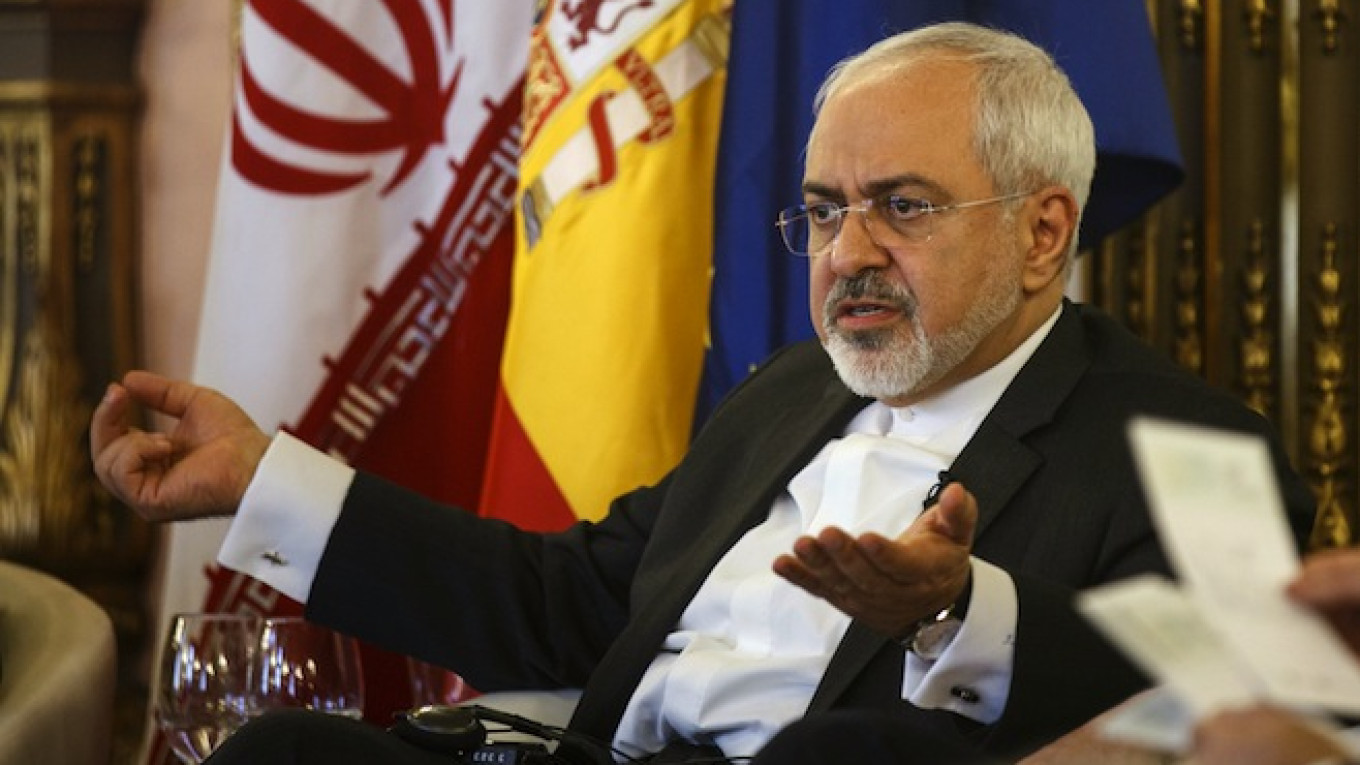Russia abstained Tuesday from a United Nations Security Council vote which led to the blacklisting of the son of Yemen's former president and a Houthi leader, and effectively imposed an arms embargo on the Iran-allied Houthi rebels who rule most of the country.
The council voted 14 in favor. Russia abstained, saying some of its proposals for the resolution, drafted by council member Jordan and Gulf Arab states, were not included.
"The co-sponsors refused to include the requirements insisted upon by Russia addressed to all sides to the conflict to swiftly halt fire and to begin peace talks," Russian UN Ambassador Vitaly Churkin told the council after the vote.
Saudi Arabia launched air strikes against the Iran-allied Houthis in neighboring Yemen last month with a coalition made up mainly of four Gulf Arab allies. The United States said last week it is speeding up arms supplies to the coalition.
"We insisted that the arms embargo needs to be comprehensive; it's well known that Yemen is awash in weapons," Churkin said. "The adopted resolution should not be used for further escalation of the armed conflict."
Iran on Monday urged the formation of a new Yemeni government and offered to assist in a political transition.
The UN Security Council imposed a global asset freeze and travel ban on Ahmed Saleh, the former head of Yemen's elite Republican Guard, and on Abdulmalik al-Houthi, a top leader of the Shi'ite Houthi group.
Saleh's father, former Yemen President Ali Abdullah Saleh, and two other senior Houthi leaders, Abd al-Khaliq al-Huthi and Abdullah Yahya al Hakim, were blacklisted by the Security Council in November. Yemeni soldiers loyal to the former president are fighting alongside the Houthis.
The resolution imposed an arms embargo on the five men and "those acting on their behalf or at their direction in Yemen" — effectively the Houthi and soldiers loyal to Saleh.
It demands the Houthis stop fighting and withdraw from areas they have seized, including Sanaa, the capital. It also expressed concern at "destabilizing actions" taken by former President Saleh, "including supporting the Houthis' actions."
A Message from The Moscow Times:
Dear readers,
We are facing unprecedented challenges. Russia's Prosecutor General's Office has designated The Moscow Times as an "undesirable" organization, criminalizing our work and putting our staff at risk of prosecution. This follows our earlier unjust labeling as a "foreign agent."
These actions are direct attempts to silence independent journalism in Russia. The authorities claim our work "discredits the decisions of the Russian leadership." We see things differently: we strive to provide accurate, unbiased reporting on Russia.
We, the journalists of The Moscow Times, refuse to be silenced. But to continue our work, we need your help.
Your support, no matter how small, makes a world of difference. If you can, please support us monthly starting from just $2. It's quick to set up, and every contribution makes a significant impact.
By supporting The Moscow Times, you're defending open, independent journalism in the face of repression. Thank you for standing with us.
Remind me later.


